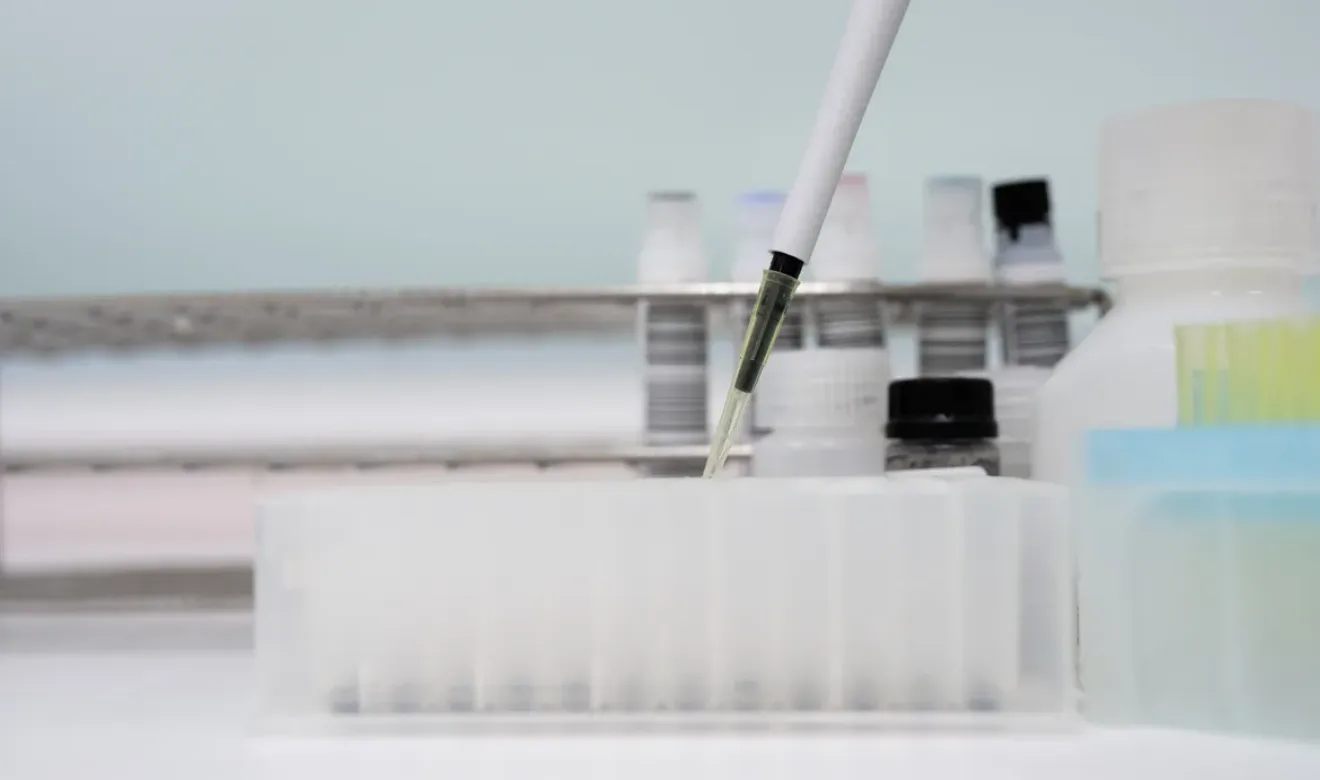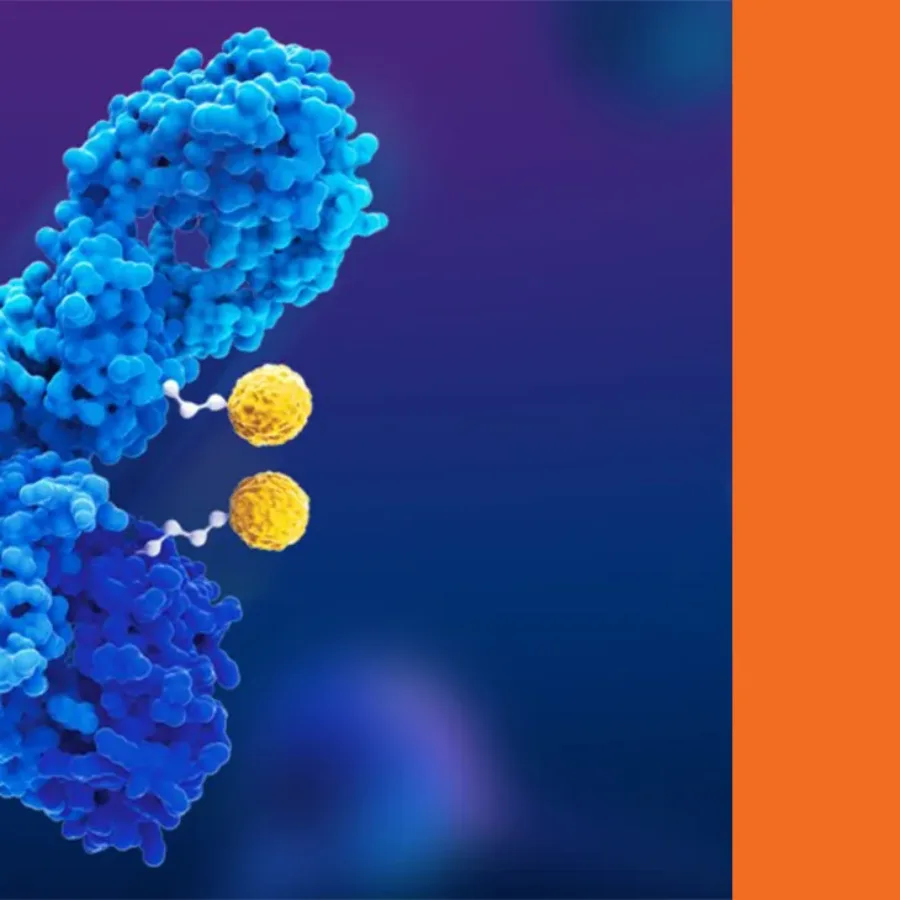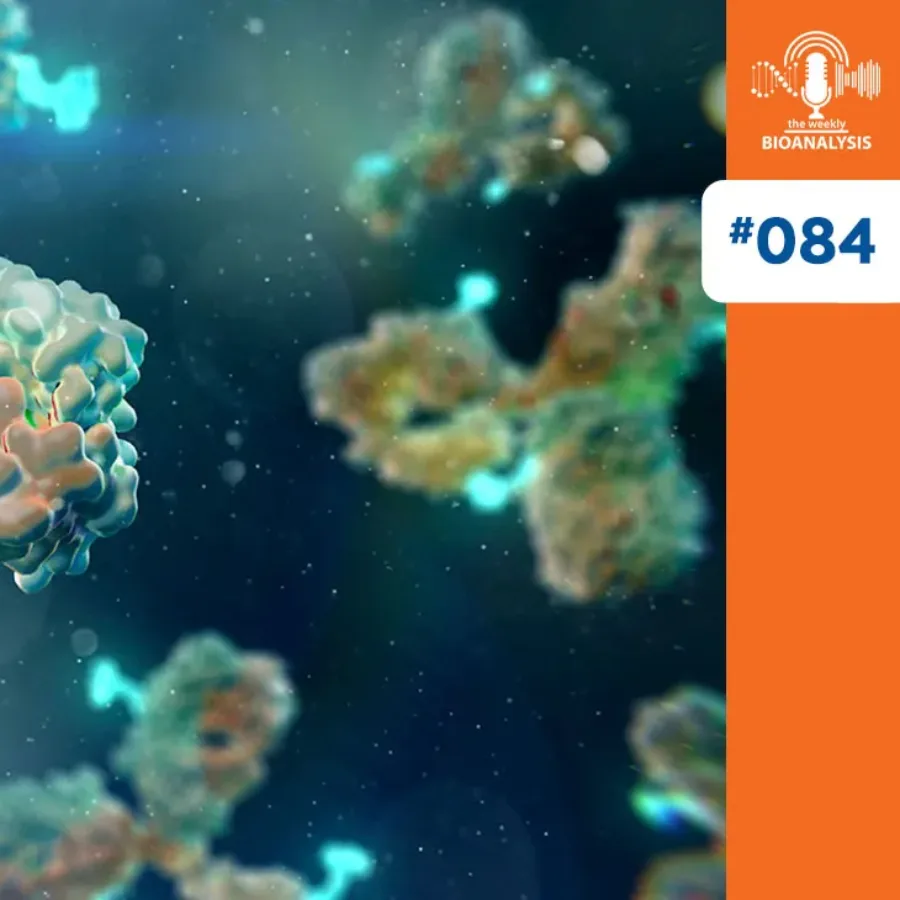
Small Molecule Bioanalysis Services
KCAS Bio provides GLP/GCP-compliant small molecule bioanalysis, using advanced LC-MS/MS platforms to quantify drugs, metabolites, and biomarkers from discovery through clinical stages. With over 45 years of experience developing customized methods, we generate precise, regulatory-ready data to accelerate your therapeutic programs.

Your bioanalytical partner for small molecule success
Small molecule bioanalysis at KCAS Bio is defined as analysis of therapeutics and biomarkers up to ~10 kDa. Bioanalysis of these entities harnesses our scientific expertise and cutting-edge LC-MS/MS platforms to deliver robust, GLP/GCP-compliant assays for quantifying drugs, metabolites, and biomarkers across discovery, preclinical, and clinical stages.
Decades of Proven Expertise
With over 45 years in small molecule bioanalysis, our team brings unmatched regulatory and method development expertise, helping sponsors avoid delays, failed validations, and costly rework.
Broad Platform Suite
Our growing fleet of triple quadrupole LC-MS/MS instruments incorporating high-sensitivity platforms, HILIC, HRMS, microsampling, and narrow bore LC-MS/MS all under one roof enables us to deliver accurate results even for complex or low-abundance analytes while removing the variability of coordinating across multiple vendors that provide inconsistent results.
Comprehensive Matrix Coverage
We support quantitation in plasma, serum, CSF, urine, tissues, and rare or unconventional matrices under non-GLP to GLP conditions to keep your studies moving forward.
Regulatory Alignment
Our GxP-compliant workflows, method validations aligned with ICH/FDA/EMA guidelines, and turnkey, submission-ready reporting that avoids the risk of regulatory setbacks by ensuring global compliance from the start.
What is small molecule bioanalysis?
Small Molecule Bioanalysis encompasses the quantitative measurement of drug candidates, metabolites, and small molecule biomarkers in biological matrices to support pharmacokinetic (PK) and pharmacodynamic (PD) studies. KCAS Bio’s service integrates rigorous method development, employing techniques such as protein precipitation, SPE, LLE, and derivatization, with high-sensitivity detection by LC-MS/MS.
Molecular classes include the following, from non-GLP to GLP:
- Traditional small molecule drugs (Lipinski rule of five)
- Amino Acids
- Peptides (linear, cyclic, branched, conjugated, etc.)
- Oligos (siRNA, antisense oligonucleotides, peptide nucleic acids, Morpholino analogues)
- Lipid Nanoparticle – embedded analytes (LNP)
- Lipids (glycosphingolipids (GSL), ceramides, sphingolipids, gangliosides)
- Steroids
- Polypeptides and small proteins (insulin, GLP-1)
- Acylated peptides (GLP-1 analogues and other polypeptides)
- Toxins (Payloads from ADCs)

Your molecule, our expertise. Let KCAS Bio help with your small molecule bioanalysis project.
Applications of small molecule bioanalysis in drug development
Therapeutic Areas
Oncology: PK/PD profiling of small-molecule anticancer agents, payload assays for antibody drug conjugates.
Neuroscience: CSF and tissue analysis for CNS drugs.
Inflammation & Pain: Quantitation of eicosanoids and leukotrienes.
Metabolic and Cardiovascular: Measurement of small molecule therapeutics and biomarkers in plasma and tissues.
Rare Diseases and Immunology: Sensitive detection of oligonucleotides and peptides.
Phases of Drug Development
Discovery: Screening and fast PK trend analysis.
Non-GLP Research: Tiered qualification approach to meet client needs.
Preclinical Research: Fully validated assays for toxicology and PK/TK studies.
Clinical Sample Analysis: GxP-compliant quantitation for IND/NDA submissions.
Capabilities and assays for small molecule bioanalysis
Our bioanalytical laboratory employs cutting-edge technological platforms to deliver precise, reliable results for pharmaceutical and clinical research applications. From gold-standard LC-MS/MS quantitation to specialized sample preparation methods, we provide comprehensive analytical services with full regulatory compliance support.
LC-MS/MS
Gold-standard quantitation of drugs, metabolites, and endogenous analytes.
Hydrophilic Interaction Chromatography (HILIC)
Enhanced separation of polar analytes.
Solid Phase Extraction (SPE) / Liquid-Liquid Extraction (LLE)
Matrix cleanup for sensitivity and selectivity.
Derivatization Techniques
Stability and detectability enhancement for labile molecules.
Protein Binding Assays (RED)
Unbound drug fraction measurement.
Microsampling and Patient-centric Sampling
Minimally invasive sample collection.
High-Resolution MS (HRMS)
Metabolite identification.
Complimentary Approaches Available For Small Molecule Bioanalysis
Hybrid LC-MS/MS – Use of immunoprecipitation and digestion to achieve superior sensitivity for larger peptides.
Ligand Binding Assays – Targeted biomarker analysis (e.g., eicosanoids, leukotrienes) when reagent availability permits.
Assay Validation & Regulatory Compliance
GLP/GCP-compliant method development and validation.
Protocols aligned to ICH Q2(R1), FDA Bioanalytical Method Validation guidance, and EMA guidelines.
Full documentation and audit support for global regulatory submissions.
Technology and instrumentation for small molecule bioanalysis
Our laboratories have the latest instrumentation to provide ultimate sensitivity and effectively measure drug (PK), metabolite, and biomarker (PD) concentrations in biological matrices, such as plasma, serum, cerebrospinal fluid (CSF), urine and tissues.
We have advanced technology to move your science forward. Speak with a KCAS Bio expert now.
Why work with KCAS Bio?
Full-Service Bioanalysis
End-to-end method development, validation, and reporting under one roof.
Regulatory Expertise
Deep familiarity with ICH, FDA, and EMA requirements.
Cutting-Edge Technology
Best-in-class triple quadrupole LC-MS/MS and high-resolution MS.
Flexible, Customized Workflows
Tailored workflows to meet unique project goals and timelines.
Broad Sample Type and Matrix Expertise
Plasma, serum, urine, CSF, and tissues, plus unstable/rare matrices and microsampling methods.
Global Presence with Harmonized Quality
Consistent technical standards and harmonized operations worldwide.
Small Molecule Bioanalysis FAQs
What sample types do you analyze?
Plasma, serum, CSF, urine, tissues, rare matrices, microsamples, such as dried blood spots, capillary tubes and patient-centric sampling devices, and more.
How long does method development and validation take?
Typically 4–8 weeks, depending on complexity and matrix.
Do you support non-GLP and GLP studies?
Yes, with full GxP-compliant workflows and documentation.
Can you quantify both parent drug and metabolites in the same assay?
Absolutely—our LC-MS/MS methods are optimized for multiplexed analyte panels.
What is the minimum sample volume required?
We routinely work with volumes as low as 10 µL to accommodate studies where sample volumes are likely to be limited.
Additional resources
 Blogs
Blogs
Antibody drug conjugates (ADCs) are important targeted therapies in oncology. These are complex moieties consisting of a cell-targeting antibody combined with an active payload through a chemical linker. Key Components to Monitor in PK Studies Two significant components to monitor for PK studies are the (1) intact antibody drug conjugate…
 Podcasts
Podcasts
In episode 84 of “The Weekly Bioanalysis”, our special guest, Bryan Parmentier, joins Dom and John to discuss his background and current role at KCAS Bio, offering insights into the field of small molecule method development. He delves into the typical challenges encountered when working with LC-MS analytes, and how…

Tell us how we can help with your project
We've earned our reputation for delivering reliable, error-free data. We understand the importance of speed, flexibility, and consistency and only make promises we can keep.